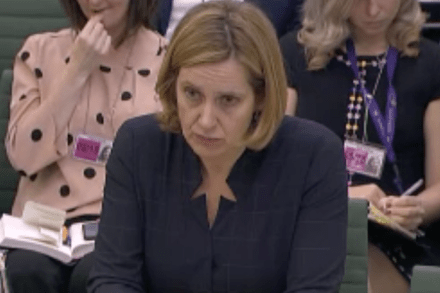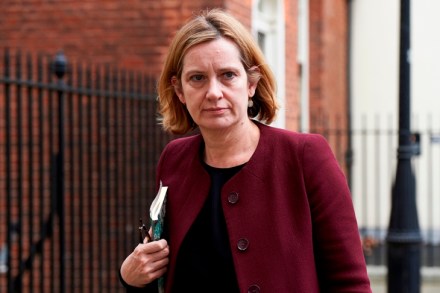Letters | 26 April 2018
Resetting Brexit Sir: I agree with Fraser Nelson’s article ‘Brexit blunders’ (21 April). I am a Leaver, but immigration did not figure in my decision in the referendum. On the contrary, I recall many years ago hearing that some 240 languages were spoken in London and the UK, and for some reason it made me immensely proud. If Theresa May does not understand that immigration is not the issue, then we have the wrong leader. My suspicions in this regard are further strengthened by her stated but continually thwarted ambitions to have a special relationship with the EU bloc. Her attempts are relentlessly rebuffed and, because of the EU’s fear of



















